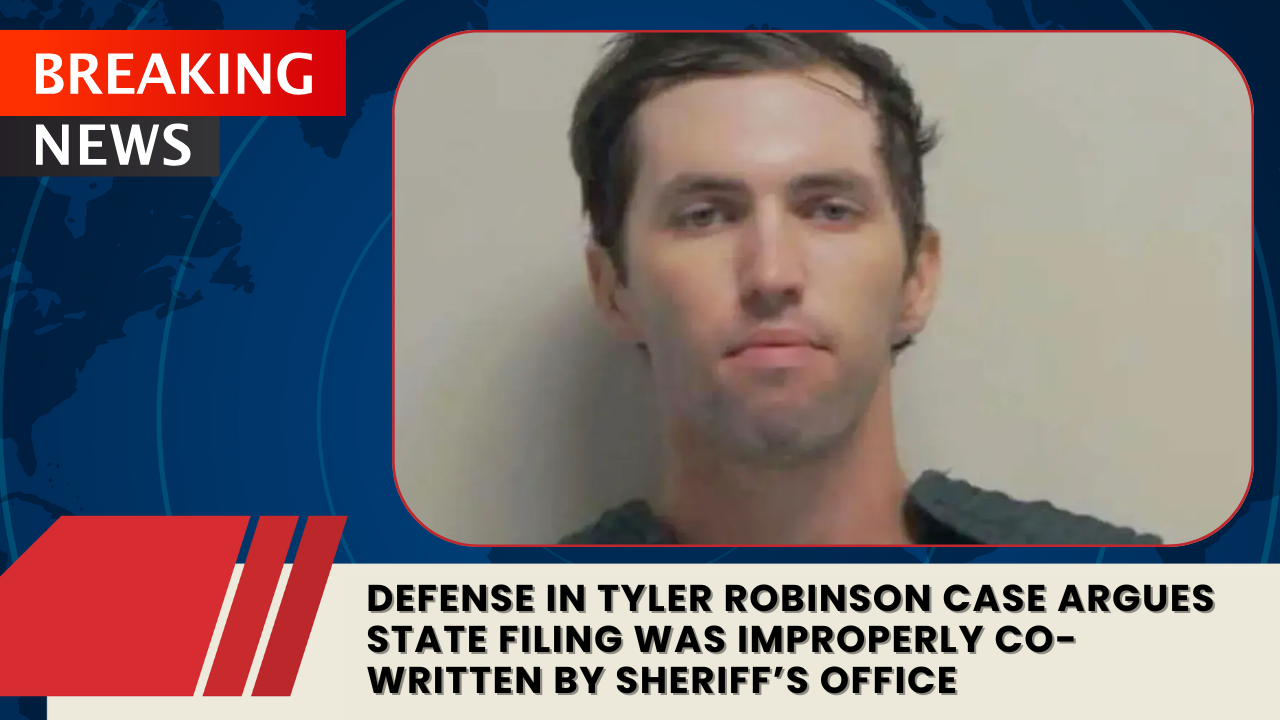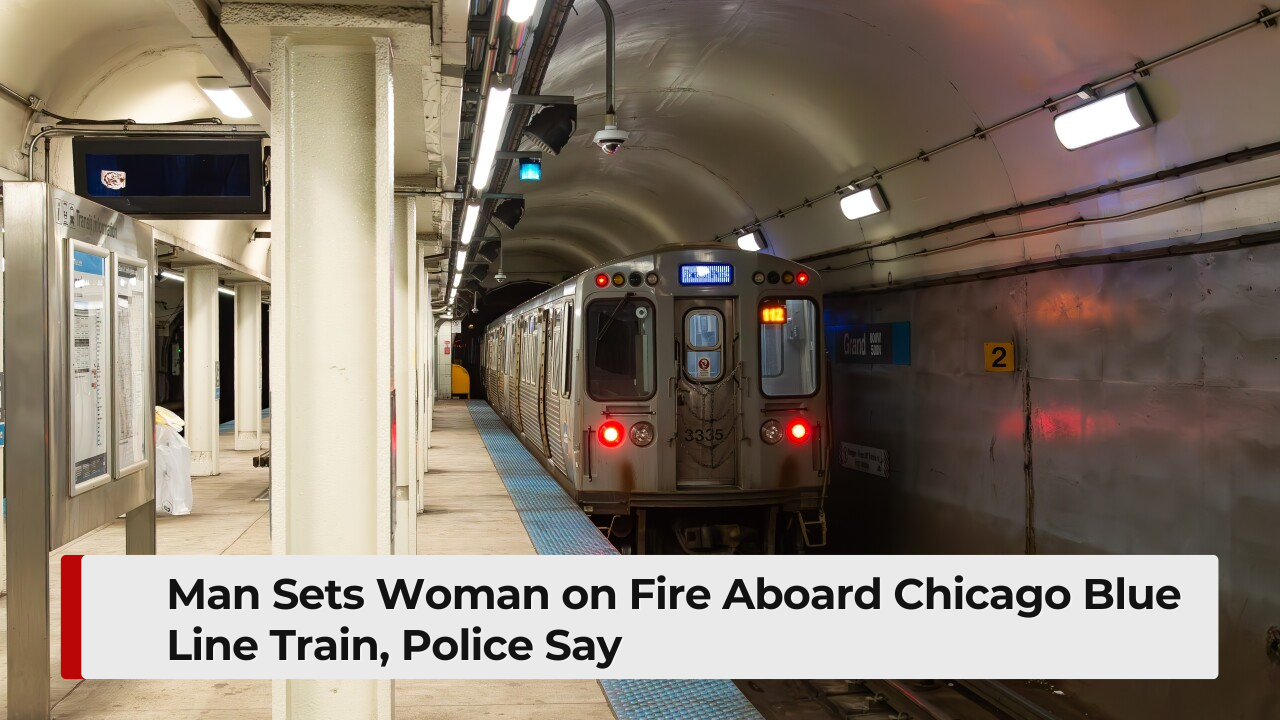Attorneys for Tyler Robinson, the 22-year-old accused of killing conservative activist Charlie Kirk at Utah Valley University, are challenging a recent court filing they claim was improperly authored in part by the Utah County Sheriff’s Office — an entity they argue has no legal standing in the criminal case.
The Dispute Over Who Represents the State
In a motion filed Tuesday in 4th District Court, Robinson’s defense team asked the judge to strike the state’s latest response, saying it “reads as though it was filed jointly” by the Utah County Attorney’s Office and the sheriff’s office.
The defense insists the case is strictly between the State of Utah and Robinson — not law enforcement agencies providing support.
“The sheriff’s office has not provided any authority affording it standing to file a pleading in a criminal case,” the motion states. “Having an interest in a criminal case alone does not afford an individual or entity standing to file pleadings.”
The defense further argues that the sheriff’s office should be treated as a witness, not a party, since it oversees the Utah County Jail (where Robinson is held) and provides courtroom security.
Background on the Case
Robinson is charged with aggravated murder, a capital offense that carries the possibility of the death penalty, after allegedly shooting Kirk on September 10 during a public speaking event on the UVU campus.
Prosecutors say Robinson fired from the roof of the Losee Center building, striking Kirk in the neck as he addressed a crowd of roughly 3,000 people.
Robinson’s next court appearance is set for October 30, marking the first time he will appear in person rather than via video.
Legal Motions Over Appearance and Security
Earlier this month, Robinson’s defense requested that he be allowed to appear in civilian clothing and without shackles during proceedings, citing widespread media coverage that could bias potential jurors.
“In the face of worldwide scrutiny, permitting Mr. Robinson to wear civilian clothing is a minor inconvenience compared to ensuring a fair trial,” attorneys wrote.
Judge Tony Graf granted a temporary order allowing street clothes for the Oct. 30 hearing only. Future appearances will depend on a forthcoming closed-door security review involving courtroom officials.
The state filed a sealed response on Oct. 20 that included security details from Utah County Security Director Chris Palmer — but the defense now claims that response improperly reflected the sheriff’s office’s input.
Defense Challenges the Sheriff’s Role
The motion emphasizes that the Utah County Attorney’s Office represents the state, while the Attorney Civil Division represents the sheriff’s office separately to avoid conflicts.
“It is not appropriate for the prosecutor to act as counsel for the sheriff’s office,” the defense argued. “The sheriff’s office should not assume standing through the state’s participation as a party in this case.”
Robinson remains in the Utah County Jail, and his legal team continues to challenge both procedural and security measures as they prepare for his capital murder trial.



